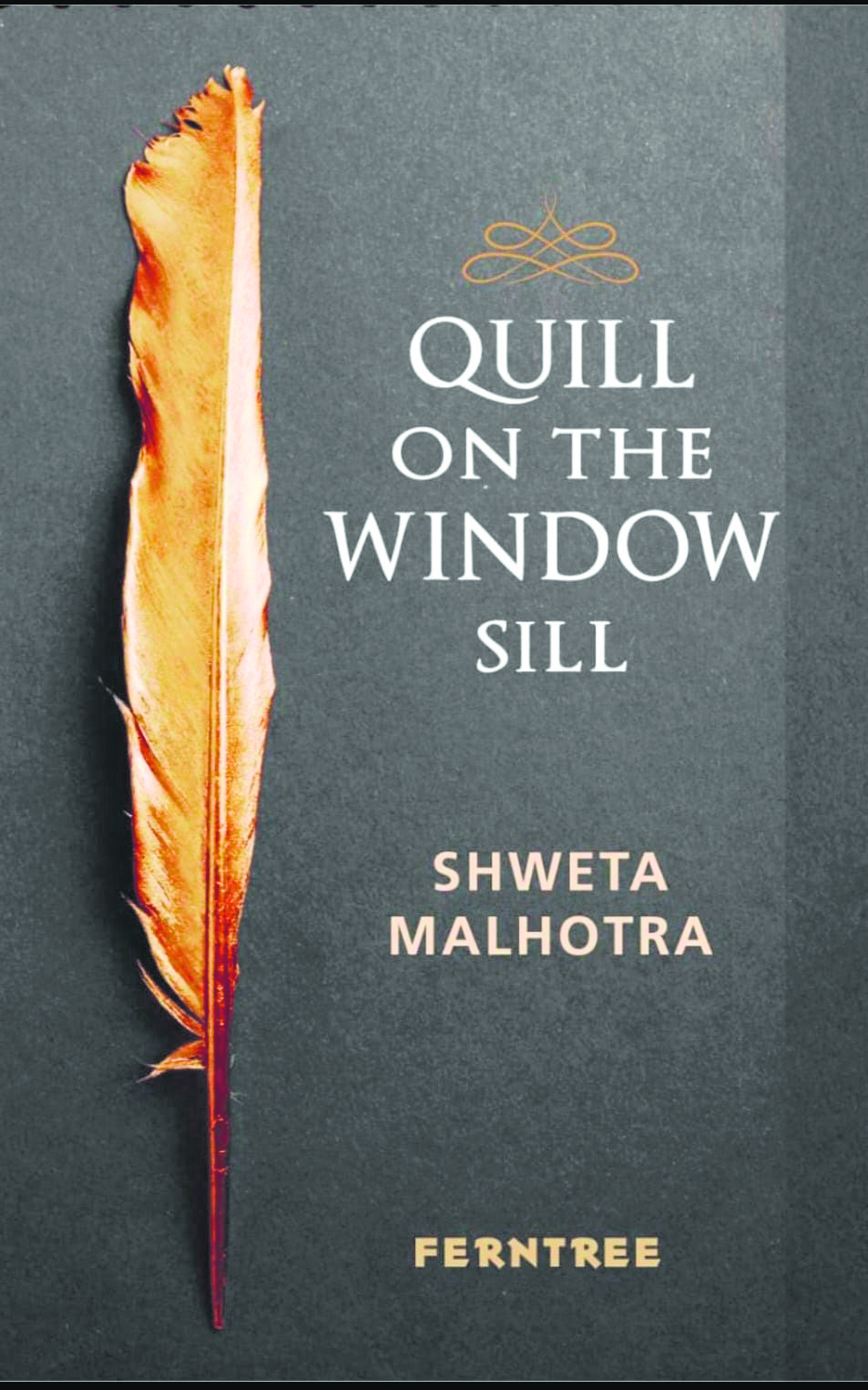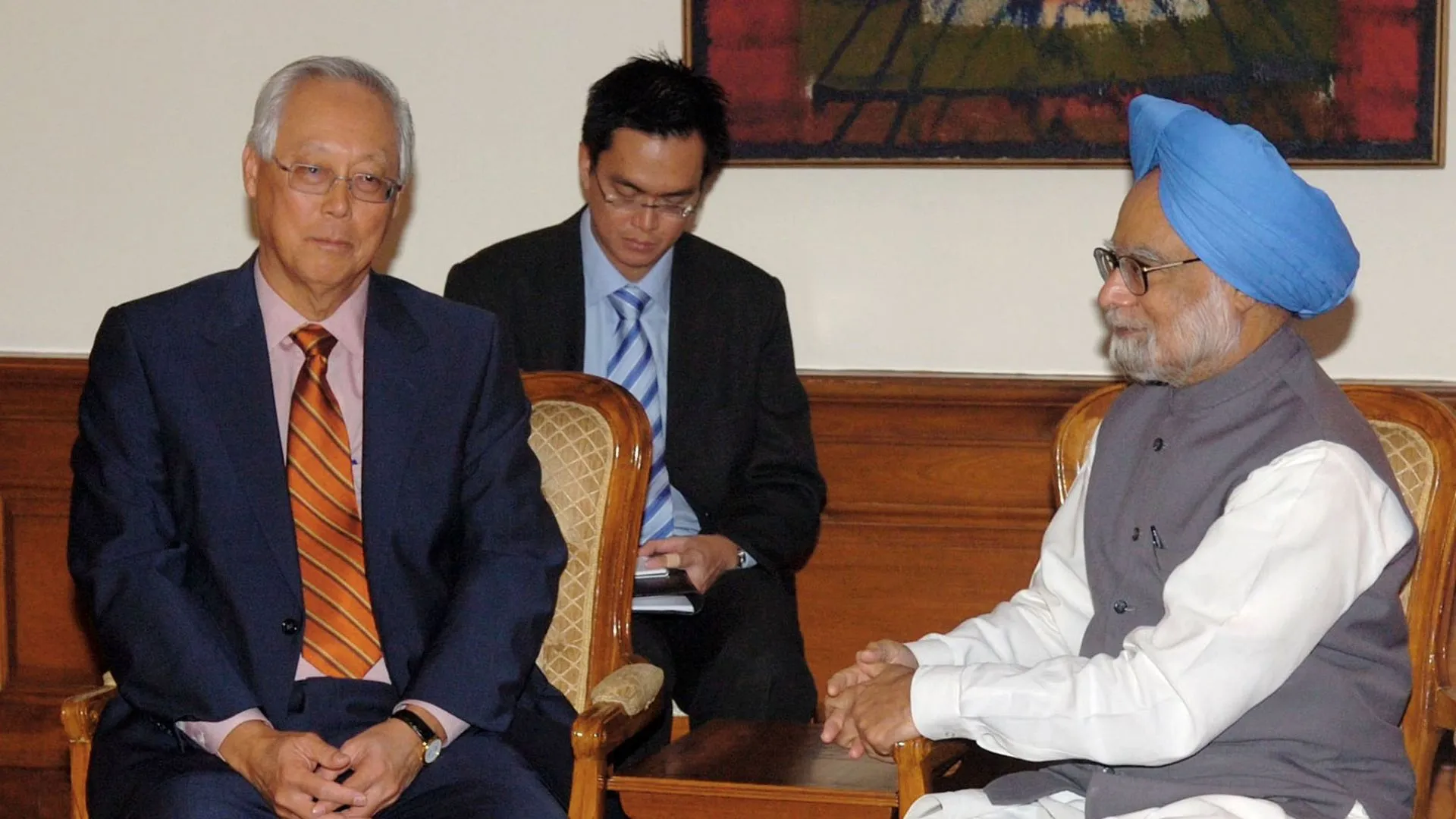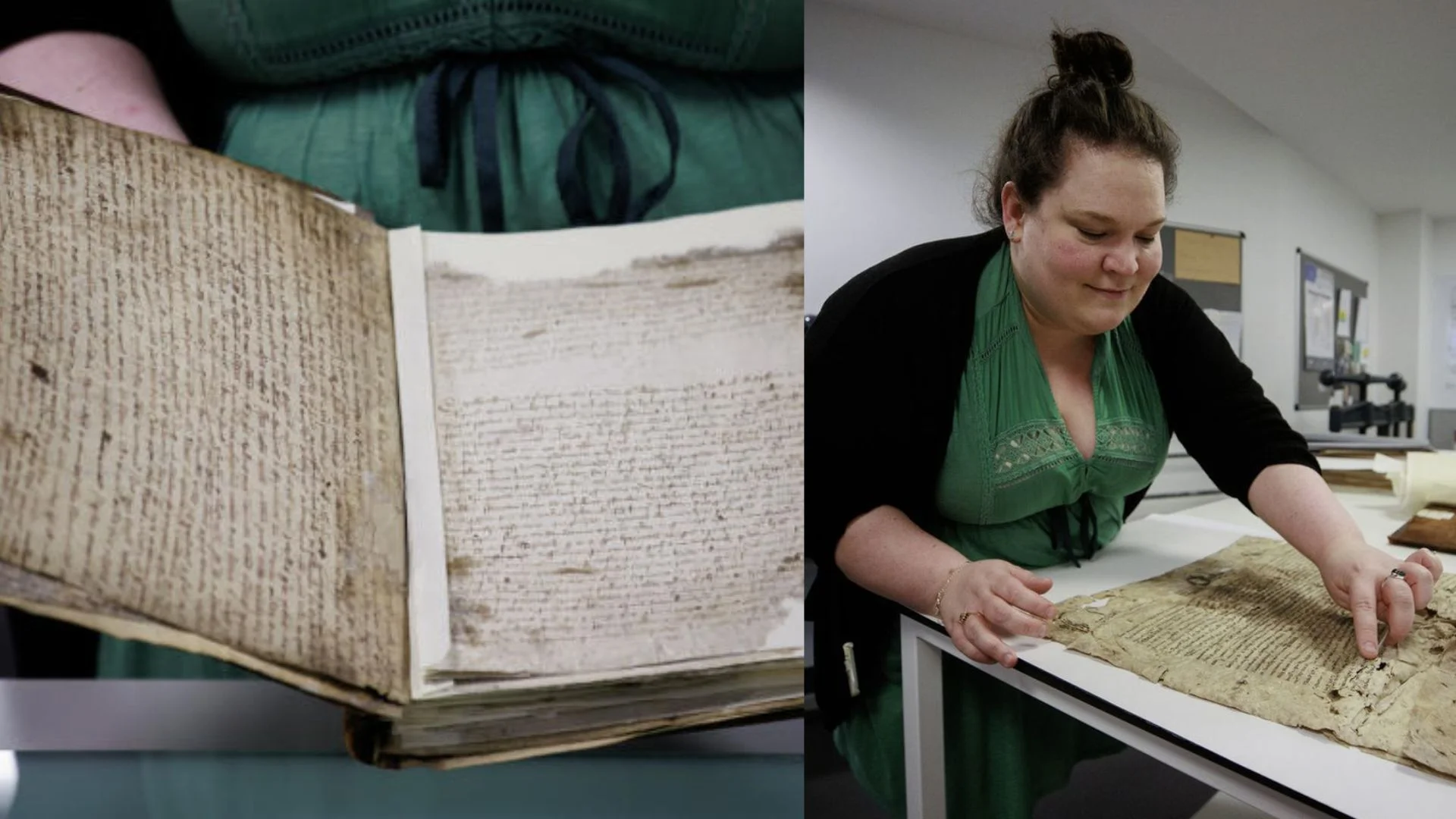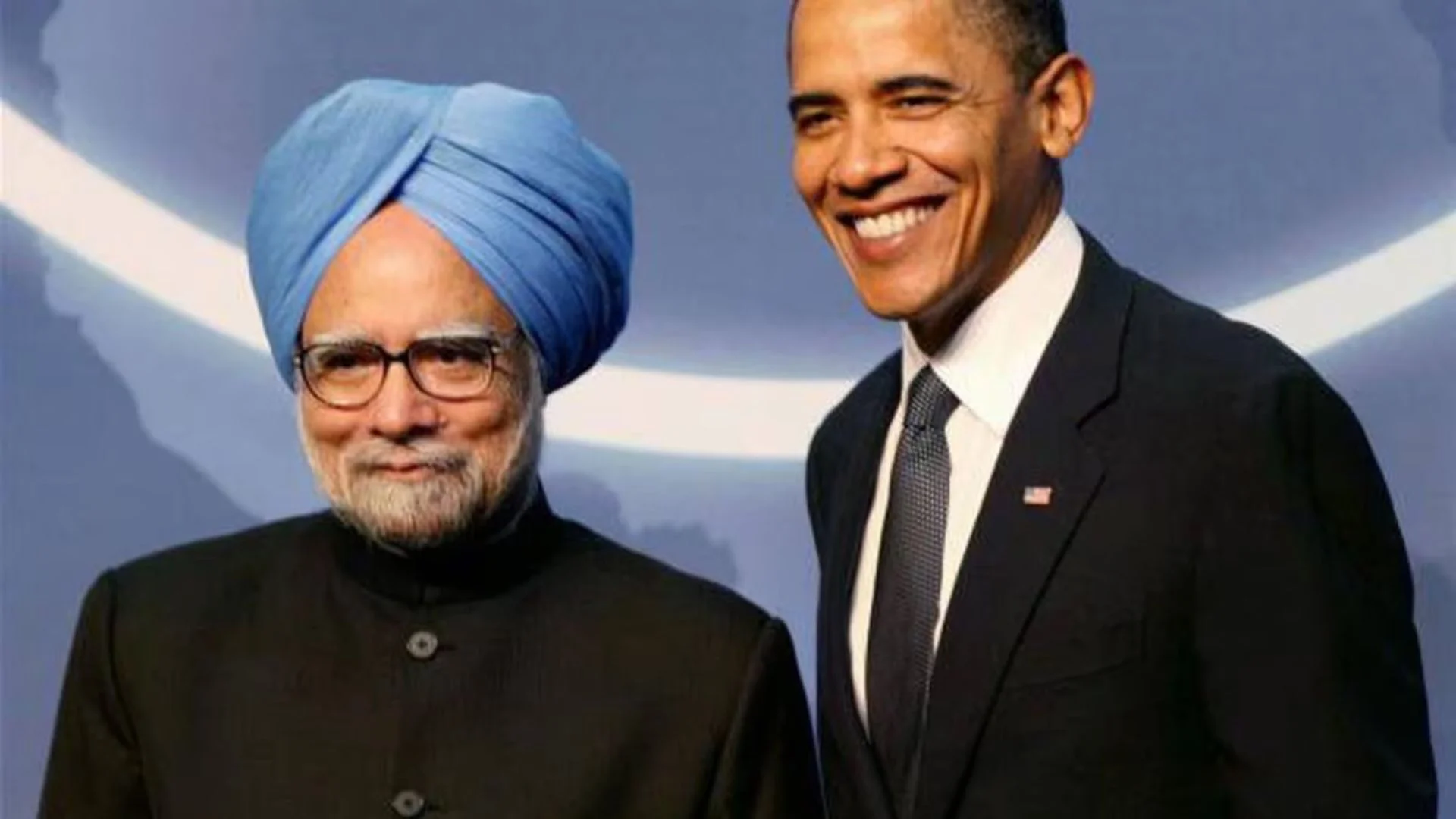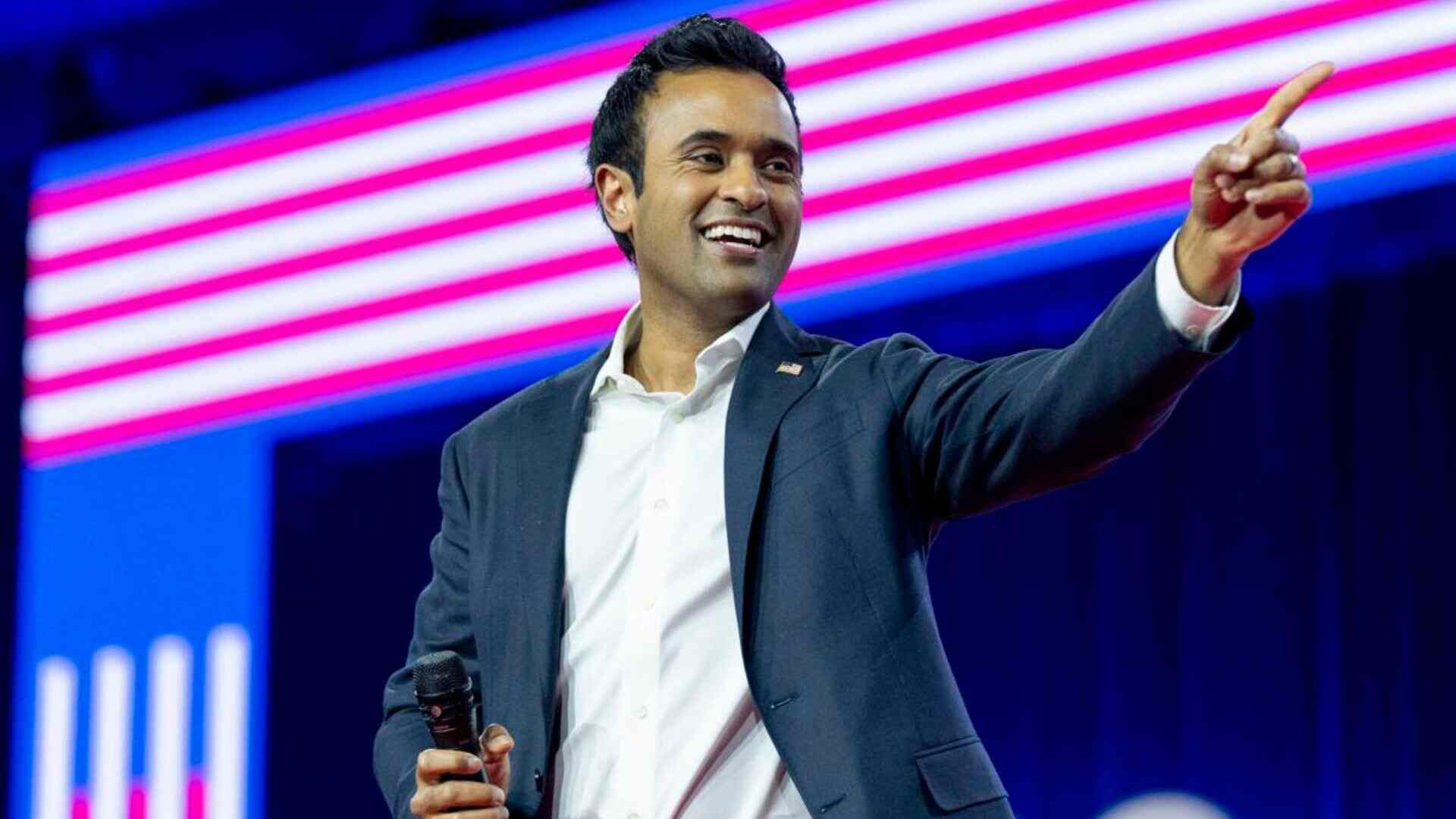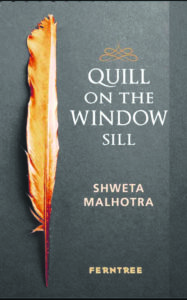Excerpts
Q. What initially drew you to the world of poetry, and how did you begin your journey as a poet?
A. I started writing at school but only wrote prose until I finished college. Poetry walked into my life as a surprise. A writer friend of mine tagged me in one of the contests on an online writing portal. It was one of those contests where I was supposed to write on ten themes continuously for ten days. I didn’t win any prizes but won something much longer lasting – I discovered that poetry was my form of expression. After that, there has been no looking back.
Q. Can you share some of your major poetic influences and how they have shaped your writing style?
A. Everything you read influences you, and as a student of English Literature, I read and studied authors and poets in varied genres. I guess all of them influenced me in some way or another, though it is difficult to identify any one or two in the complex combination of those influences. Because of the varied exposure, even if I write five poems, maybe two would be written in a completely different style of expression and three in another. My style choice is not conscious and is probably dictated by the emotion surfacing at the moment. I love reading the poems of Nikita Gill, Joseph Coelho, and Lang Leav; these poets open doors to a completely different world and thoughts.
Q. Describe your creative process when crafting a new poem. Do you have any specific rituals or routines?
A. I don’t have fixed hours or a routine for writing poetry. Whenever I experience a strong emotion, I carry that inside, and it keeps brewing and bubbling until I pen it down on the paper. My poems are all about real emotions or feelings I have lived or seen someone close going through- nothing is woven hypothetically. Yes, you do need some powerful words to express them, but they are all mine, words that resonate with me at that moment. So, as an individual, they are in my personality, and I put them on paper whenever I have time or when they force me to stop whatever I am doing and make me write them down.
Q. 4. How do you choose the themes or topics for your poems, and what inspires your poetic expression?
A. I have written on varied themes, focussing mainly on relationships and life. What inspires me is Life and the Challenges it throws at me. These life lessons make us what we are in the present and teach us the easy or hard way. The heartbreaks, sadness, loneliness and even the moments of ecstasy make you understand and accept yourself in myriad ways. So, I take inspiration from all that my heart feels.
Q. Are there particular literary movements or periods that resonate with you, and do they influence your work?
A. Not exactly, but I have always admired the exemplary work of TS Eliot, William Wordsworth, and John Keats. If you are once exposed to their work, you cannot forget it all your life. The intricacies and depth of the ballads and odes they write are unparalleled. When I talk about nature in my poems, I look up to their poetry as it gives you the best ideas for using imagery.
Q. How do you approach the balance between form and content in your poetry? Is there a specific structure you prefer?
A. My poems are generally in Free Verses with an emphasis on rhyme scheme. Most of the poems have the end rhyming scheme. The language emerges from the composite of experience and emotions central to all my poetic grains, though two or three poems are also narrative in form. I have also written some couplets, but they are not included in this book. Maybe in the next!
Q. Can you discuss the role of emotions in your poetry and how you navigate the intersection of personal and universal experiences?
A. Emotions, as I already mentioned, are central to my poetry. In fact, there is a poem titled ‘A Maelstrom of Emotions’ where I talk about all the typical emotions we experience at some point in life. We humans would be robots without emotions. No doubt we need to have control over them, but we can’t resist them all the time either, and we shouldn’t either, is what I feel. Emotions are universal, but their acceptance and expression vary from person to person. So, with time, you learn how to balance what you want to portray, how much of yourself you want to expose and how much a reader can take.
Q. Are there recurring motifs, symbols, or imagery that you find yourself returning to in your poems?
A. The uniqueness that one expects when in love, what a soul demands, tears in loneliness and those stolen glances are some of the symbols that keep pulling me towards those poems. I have used them extensively in the poems as they talk a lot about me and my thoughts.
Q. In your opinion, what is the role of poetry in today’s society, and how do you envision its impact on readers?
A. Poetry is an expression of emotion, and humans are nothing without emotions. We don’t live alone. We live in a society, in a family, with our loved ones, and often metaphorically with complete strangers. How can we survive without experiencing happiness, sadness, gratitude, beauty, nature, pride and the myriad complex combinations that emerge with every interaction? Poetry connects us directly to all these feelings and enables us to dive deep into them. The moment we watch something happy in the movies, we smile automatically, and when we see something sad, we shed tears. Similarly, things read also influence us in the same way. Poetry comes from the heart, and hence, it connects hearts too. For love to grow and for an empathetic society to emerge, I feel reading, writing and appreciating poetry is essential.
Q. Can you share a memorable experience or moment related to your journey as a poet that has left a lasting impression on you?
A. During a LitFest I spoke in, a mother asked me a question related to Fairy Tales. I don’t endorse fairy tales and feel there are many more simple motivational stories that tell us much more about life skills. Such stories, rooted in our own ethos and culture, should be narrated to children rather than the usual fairy tales. To answer the question better, I recited my poem ‘Caged Freedom’, which prompts women to wake up to their power rather than depend on some Prince charming to be their saviour. That was so well appreciated by that lady as well as the audience that the claps were unstoppable. That was a moment of pride and contentment for me. For me, poetry is creating myself again and again, and I will continue to write till I breathe and I can feel.

